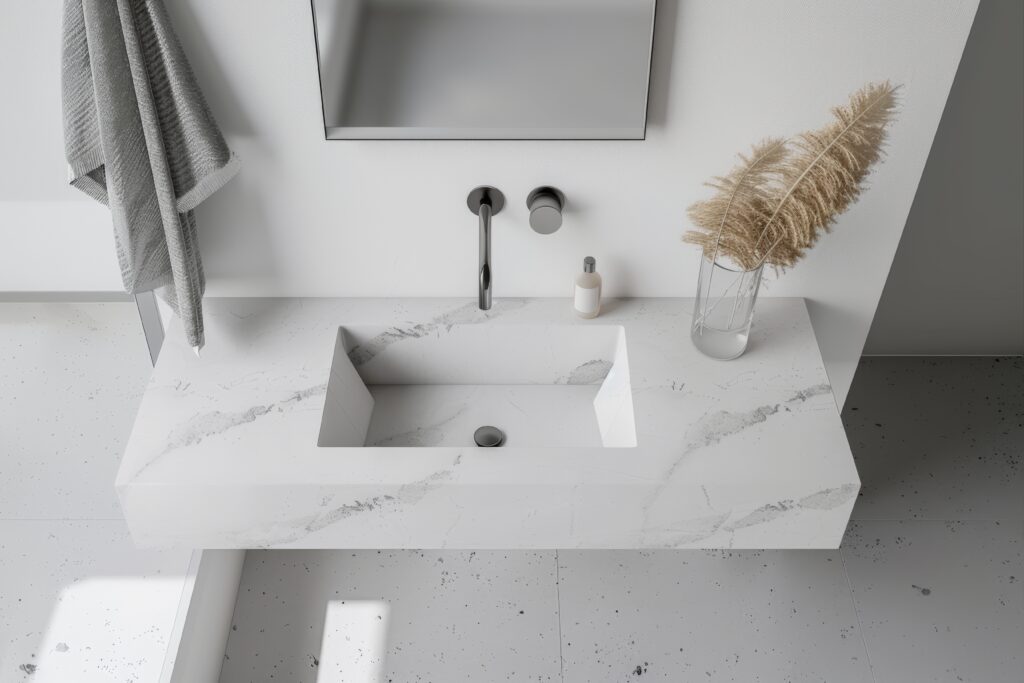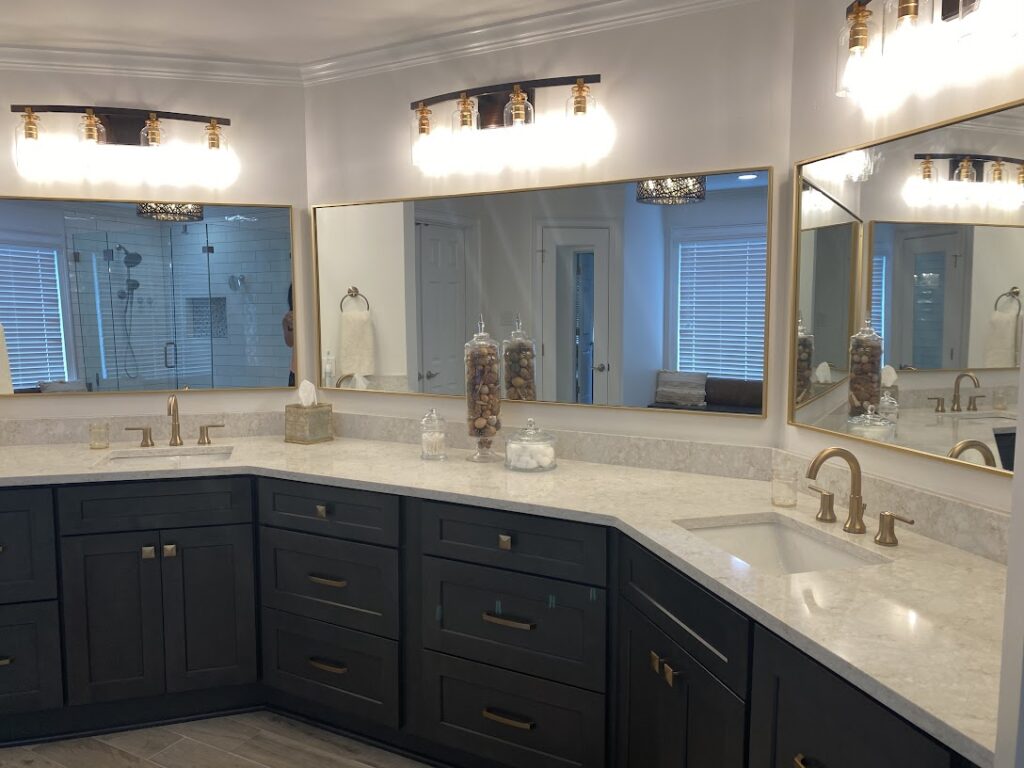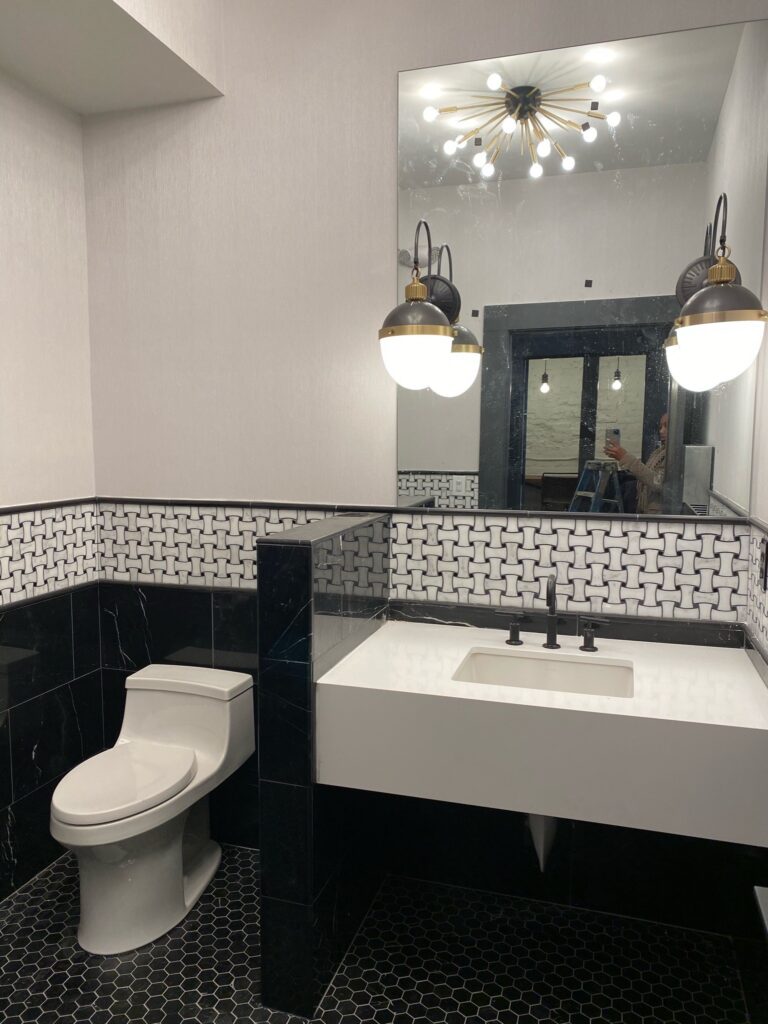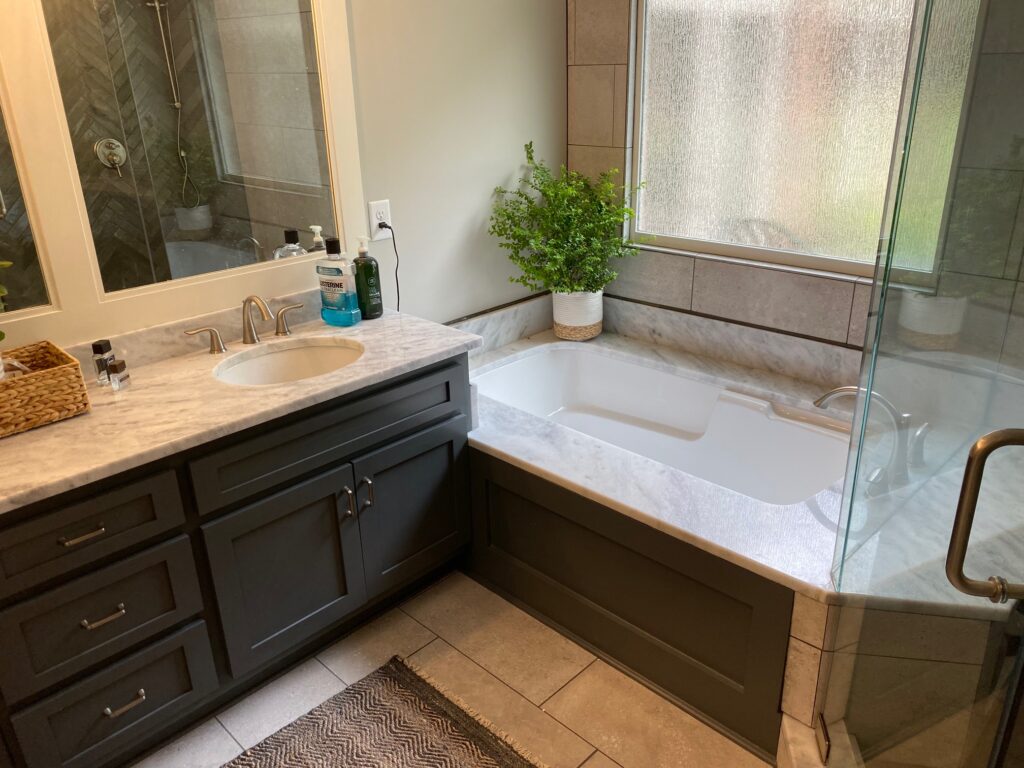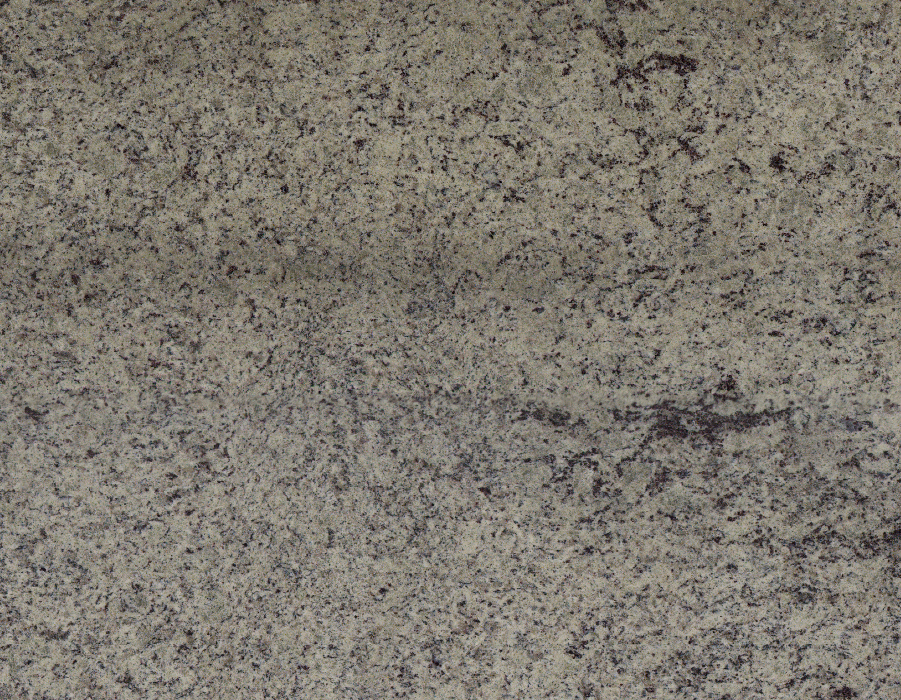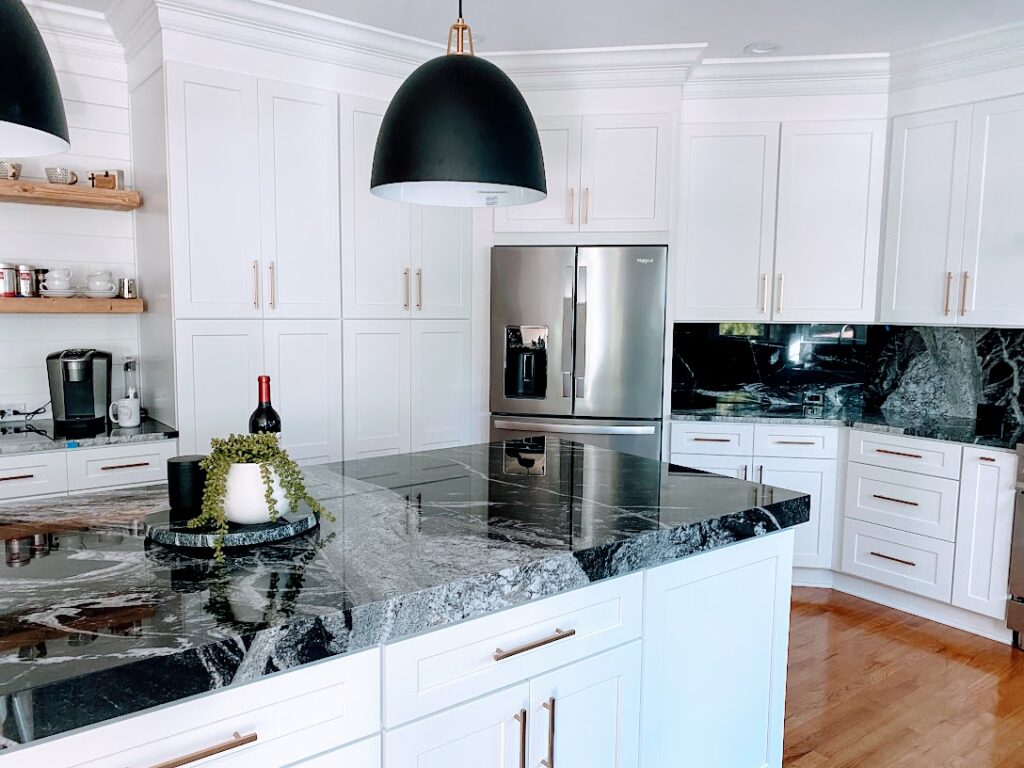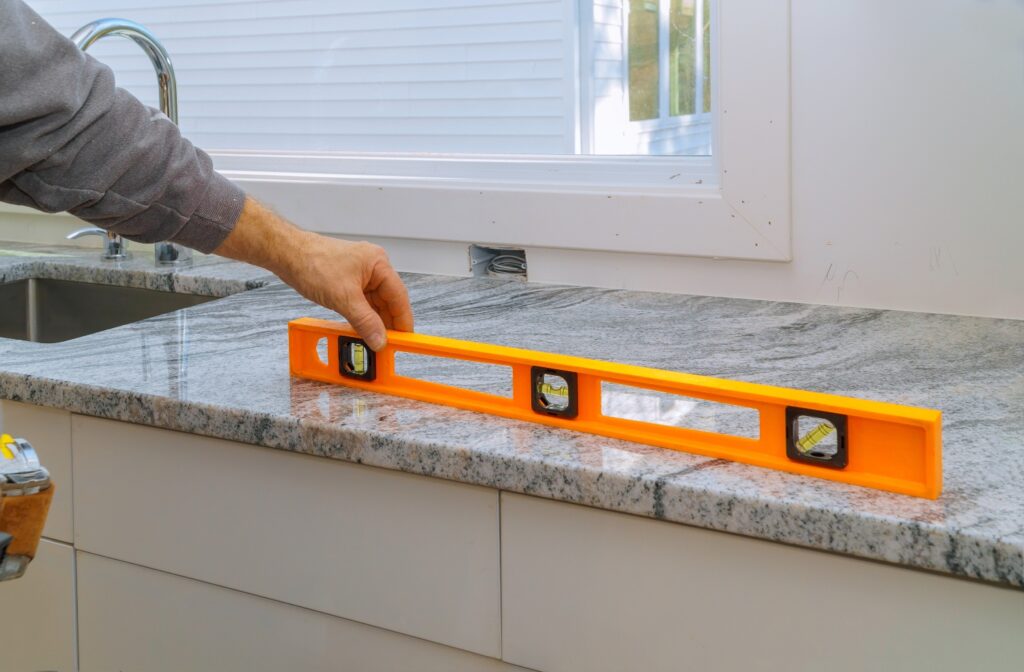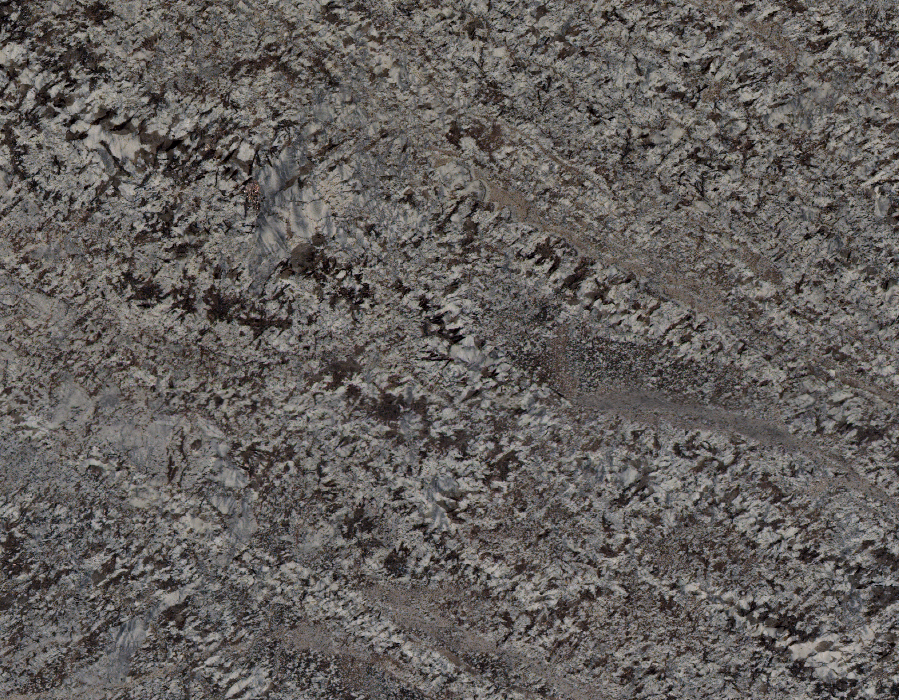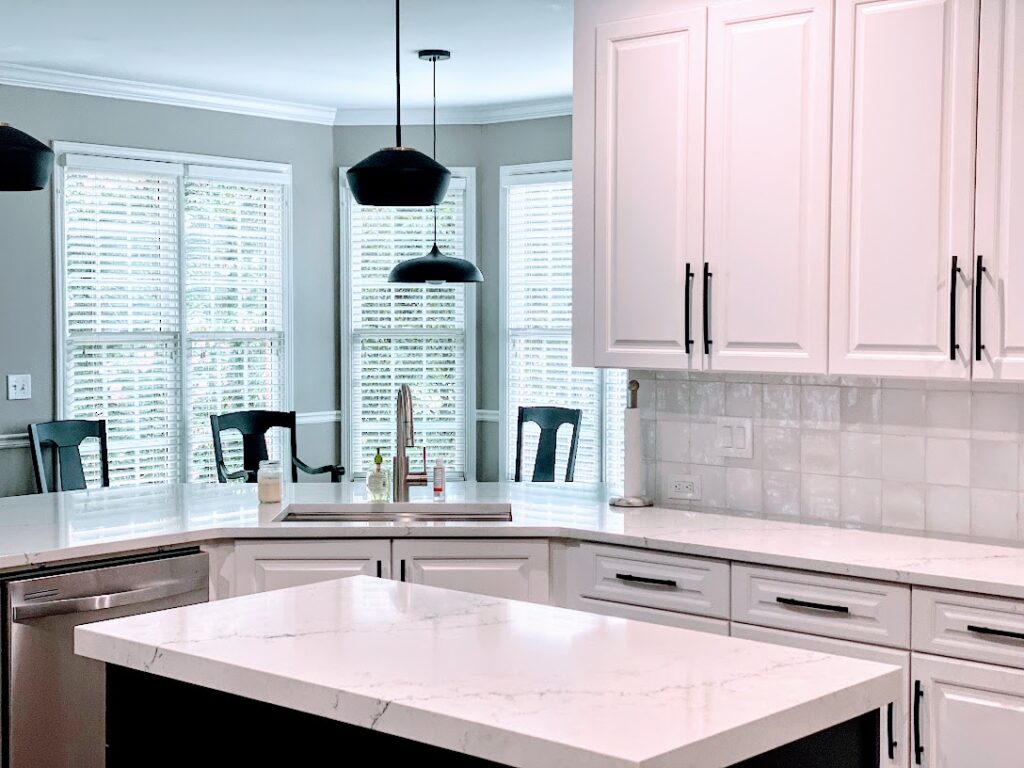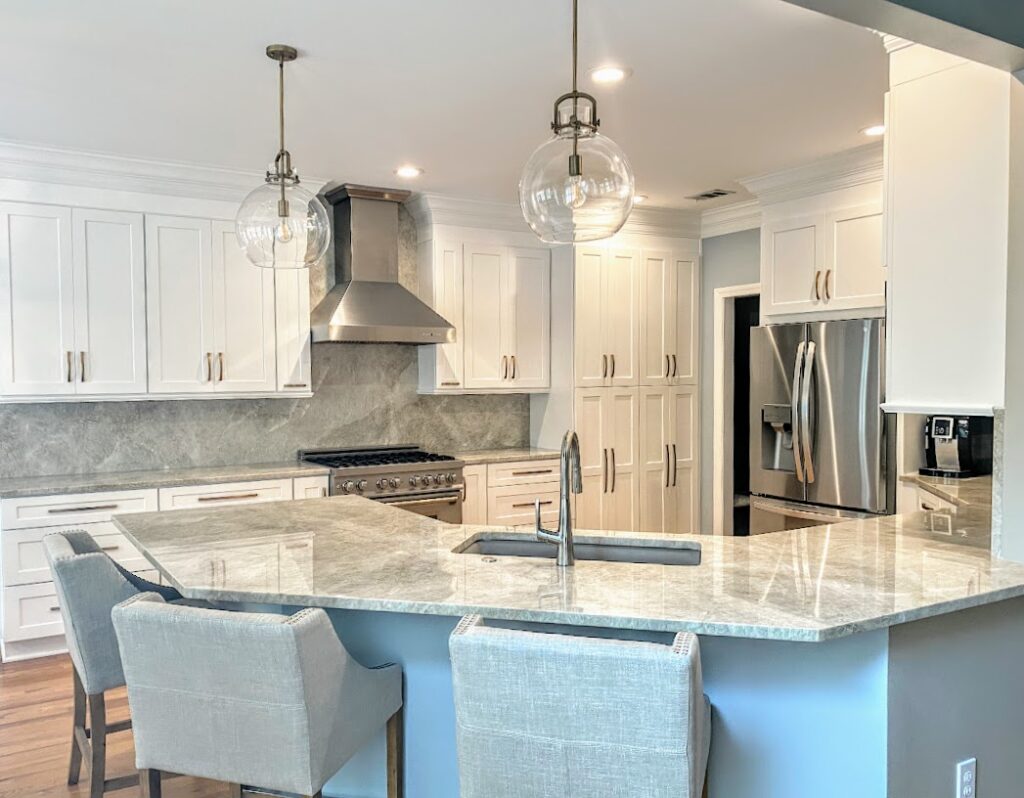Discover the Durability of Quartz Countertops

Quartz countertops have become a popular choice for homeowners and designers alike, thanks to their blend of beauty and resilience. This article explores the characteristics of quartz surfaces, highlighting their advantages and disadvantages while comparing them to granite alternatives.
Exploring the Resilience of Quartz Surfaces
Crafted from approximately 90-95% crushed natural quartz crystals combined with resins and pigments, these countertops are engineered for longevity. Here are some key attributes that contribute to their impressive performance:
-
- Scratch Resistance: The robust nature of quartz makes it highly resistant to scratches, making it an excellent choice for busy kitchens where knives and utensils are frequently used.
-
- Chip Resistance: The manufacturing process creates a strong bond, significantly reducing the likelihood of chips and cracks compared to natural stones.
-
- Heat Tolerance: While quartz can handle temperatures up to 400°F, it is advisable to use trivets or hot pads to prevent potential discoloration or warping from extreme heat.
- Non-Porous Surface: Unlike granite, quartz does not absorb liquids, which helps prevent staining and makes it easier to maintain a hygienic surface.
What Makes Quartz Countertops So Durable?
Quartz countertops are engineered surfaces made from 90-95% natural quartz crystals mixed with resin binders and pigments. This combination results in a product that is not only stunning in appearance but also incredibly durable. Let’s break down the key factors that contribute to the durability of quartz countertops:
1. Hardness and Scratch Resistance
Quartz is one of the hardest materials on the Mohs scale of mineral hardness, ranking just below diamonds. This means that quartz countertops are highly resistant to scratches, making them an excellent choice for kitchens and bathrooms, where sharp objects like knives, pots, and pans are commonly used.
Unlike softer materials like marble, quartz countertops can stand up to everyday wear and tear without showing signs of damage. While it’s always a good idea to use cutting boards to protect your surfaces, accidental knife slips or the occasional dropped utensil are less likely to leave permanent marks on quartz.
2. Non-Porous and Stain Resistant
One of the most significant advantages of quartz countertops is their non-porous nature. This means that, unlike natural stone surfaces such as granite or marble, quartz doesn’t have microscopic pores that can absorb liquids. As a result, quartz countertops are highly resistant to stains from common kitchen and bathroom substances like coffee, wine, oils, and cosmetics.
The non-porous quality of quartz also prevents bacteria, mold, and mildew from penetrating the surface, making it a hygienic choice for areas where food is prepared or personal care products are used.
3. Heat Resistance
While quartz is not completely impervious to heat, it is more heat-resistant than many other countertop materials. The resins used in quartz countertops can withstand temperatures up to about 150°F (65°C). However, it’s important to note that direct exposure to extremely high heat, such as placing a hot pan directly on the surface, can cause damage over time.
To maintain the integrity of your quartz countertops, always use trivets or heat-resistant pads when handling hot cookware or appliances in the kitchen. In bathrooms, avoid placing hot styling tools like hair straighteners or curling irons directly on the surface to prevent potential heat damage.
4. Impact Resistance
Quartz countertops are engineered to be highly resistant to chipping, cracking, and other forms of impact damage. While no countertop material is entirely immune to heavy impacts, quartz is less likely to suffer chips or cracks compared to natural stone materials. Its engineered composition provides flexibility and strength, making it ideal for busy households where accidents can happen.
This durability makes quartz a great choice for high-traffic areas, such as family kitchens or bathrooms, where countertop surfaces are frequently used and exposed to potential impacts from heavy items.
5. Low Maintenance and Longevity
Unlike natural stone countertops that require periodic sealing to maintain their integrity, quartz countertops are virtually maintenance-free. Their non-porous surface eliminates the need for sealing, polishing, or special treatments. A simple cleaning routine with mild soap and water is enough to keep your quartz countertops looking as good as new.
In terms of longevity, quartz countertops can last for decades without losing their luster or performance. This makes them a cost-effective investment for homeowners looking for a long-lasting, low-maintenance countertop option.
How Quartz Countertops Compare to Other Materials in Durability
To truly understand the durability of quartz countertops, it helps to compare them to other popular countertop materials. Here’s how quartz stacks up against granite, marble, laminate, and solid surface options:
Quartz vs. Granite
Both quartz and granite are incredibly durable materials, but there are some key differences. While granite is a natural stone and has a unique, one-of-a-kind appearance, it is porous and requires regular sealing to prevent staining and bacteria growth. Quartz, on the other hand, is non-porous and doesn’t need sealing, making it more resistant to stains and easier to maintain.
When it comes to hardness, quartz and granite are comparable, but quartz offers better consistency in design, whereas granite can have natural imperfections. In terms of impact resistance, quartz is less prone to chipping and cracking than granite, which can be brittle in certain areas due to natural fissures.
Quartz vs. Marble
Marble is known for its stunning, luxurious appearance, but it is much softer and more prone to scratches, etching, and stains compared to quartz. Marble is also a porous material, meaning it requires regular sealing and special care to protect against spills and acid-based products.
Quartz countertops offer a similar elegant look with marble-like veining, but with far superior durability. For homeowners who love the look of marble but need a more resilient and low-maintenance option, quartz is an excellent alternative.
Quartz vs. Laminate
Laminate countertops are one of the most affordable options on the market, but they don’t offer the same level of durability as quartz. Laminate is more prone to scratches, burns, and water damage, and it doesn’t have the same longevity as quartz countertops. While laminate may be a budget-friendly choice, quartz is a far more durable and long-lasting investment for homeowners looking for quality.
Quartz vs. Solid Surface
Solid surface countertops, such as Corian, are another popular option. While solid surface materials are non-porous like quartz, they are softer and more prone to scratches and heat damage. Solid surface countertops can be repaired if scratched, but quartz is much more resistant to damage in the first place, reducing the need for repairs.
Everyday Durability in the Kitchen and Bathroom
Whether you’re using quartz countertops in the kitchen or bathroom, their durability makes them an ideal choice for both spaces. In the kitchen, quartz’s resistance to scratches and stains makes it perfect for food preparation areas, islands, and backsplashes. Its heat resistance ensures that minor mishaps with hot pots or pans won’t ruin your countertops.
In the bathroom, quartz’s non-porous surface provides an excellent barrier against water, makeup, soaps, and other bathroom products. Its resistance to stains means that it won’t be affected by the frequent use of toothpaste, lotions, or cleaning products. With minimal maintenance, quartz countertops remain looking fresh and beautiful even in high-moisture environments.
Final Thoughts
Quartz countertops offer a compelling combination of beauty, durability, and low maintenance, making them an excellent choice for various applications. While they may come with a higher price tag compared to some alternatives, their longevity and aesthetic versatility can justify the investment. Whether you prefer a sleek modern look or a classic design, quartz surfaces can enhance the appeal of your space.
Ultimately, the decision to choose quartz should be based on your specific needs, style preferences, and budget. With the right care and maintenance, quartz countertops can serve you well for many years, providing both functionality and elegance to your home.

Val Carvalho is a manager at Atlanta Stone Creations, with nearly two decades of experience in the stone and design industry. In addition to her leadership role, Val plays a key part in sales and design, bringing creativity, precision, and a strong sense of style to every project. Known for her warm and collaborative approach, she builds strong relationships with both her team and her clients. Val is passionate about delivering beautiful, high-quality results and creating an exceptional experience from start to finish.

